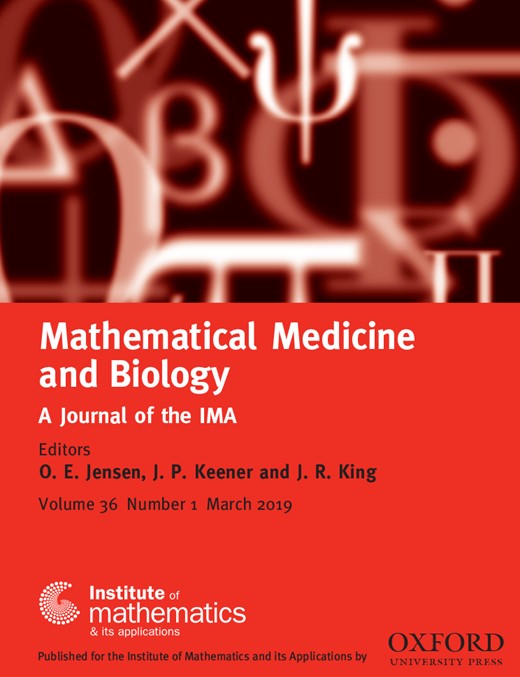-
Views
-
Cite
Cite
C Bruni, F Conte, F Papa, C Sinisgalli, Optimal number and sizes of the doses in fractionated radiotherapy according to the LQ model, Mathematical Medicine and Biology: A Journal of the IMA, Volume 36, Issue 1, March 2019, Pages 1–53, https://doi.org/10.1093/imammb/dqx020
Close - Share Icon Share
Abstract
We address a non-linear programming problem to find the optimal scheme of dose fractionation in cancer radiotherapy. Using the LQ model to represent the response to radiation of tumour and normal tissues, we formulate a constrained non-linear optimization problem in terms of the variables number and sizes of the dose fractions. Quadratic constraints are imposed to guarantee that the damages to the early and late responding normal tissues do not exceed assigned tolerable levels. Linear constraints are set to limit the size of the daily doses. The optimal solutions are found in two steps: i) analytical determination of the optimal sizes of the fractional doses for a fixed, but arbitrary number of fractions n; ii) numerical simulation of a sequence of the previous optima for n increasing, and for specific tumour classes. We prove the existence of a finite upper bound for the optimal number of fractions. So, the optimum with respect to n is found by means of a finite number of comparisons amongst the optimal values of the objective function at the first step. In the numerical simulations, the radiosensitivity and repopulation parameters of the normal tissue are fixed, while we investigate the behaviour of the optimal solution for wide variations of the tumour parameters, relating our optima to real clinical protocols. We recognize that the optimality of hypo or equi-fractionated treatment schemes depends on the value of the tumour radiosensitivity ratio compared to the normal tissue radiosensitivity. Fast growing, radioresistant tumours may require particularly short optimal treatments.





